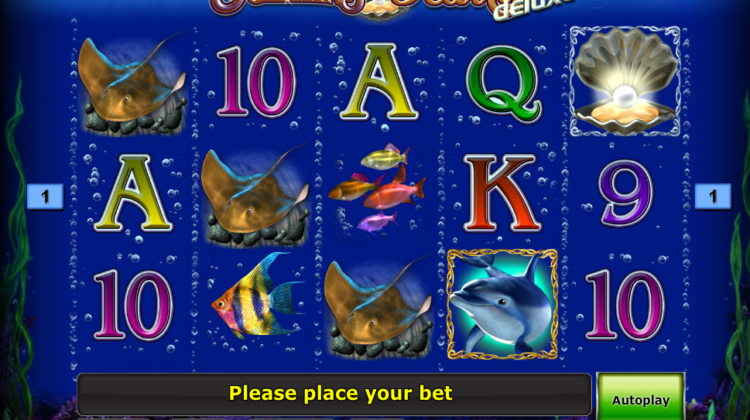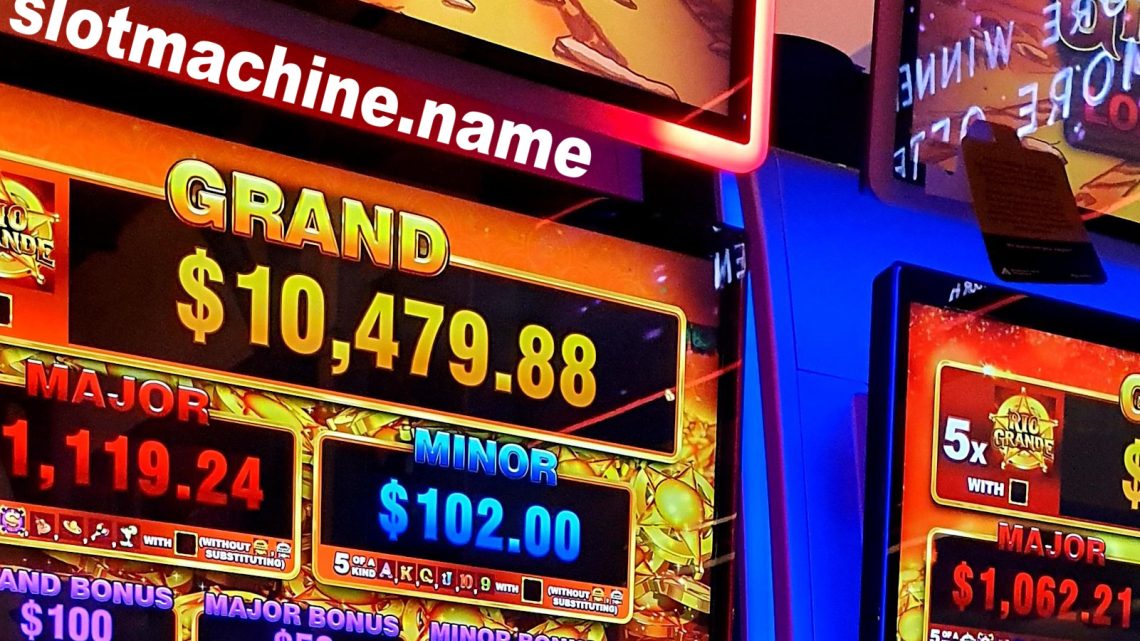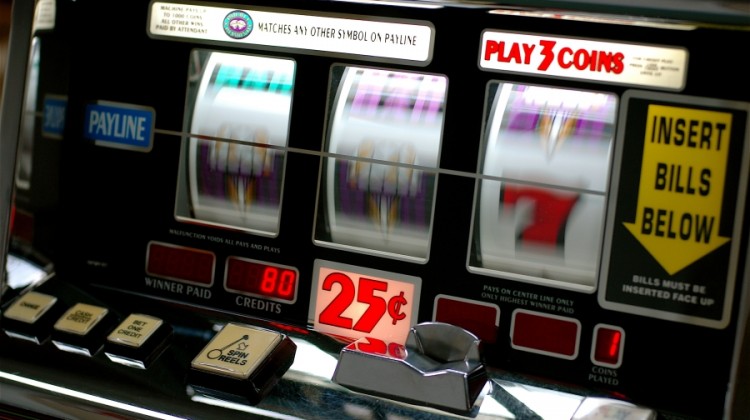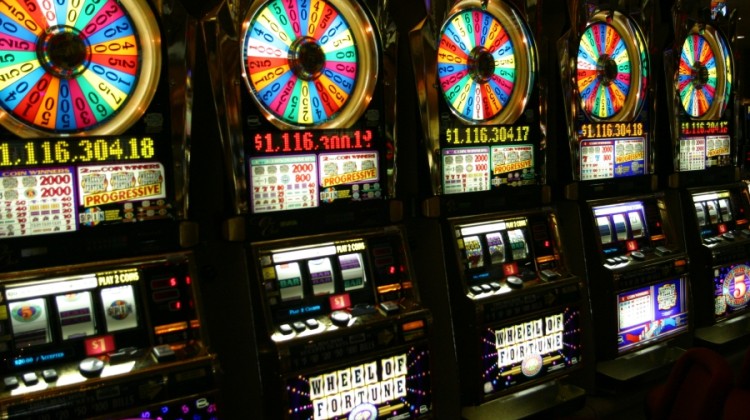Now more than ever, protectionism in international trade of goods and services should be seen as a very bad thing. History has demonstrated on many occasions, no more clearly than during the Great Depression, that efforts by governments to protect local industry by placing embargos on foreign competitors, serves only to stifle global economic growth and prolong recovery from recession.
This is a widely held view endorsed by almost all governments around the world, as well as international trade organizations like the WTO. But for some reason, many governments are reluctant to apply this principle to online gambling services.
Numerous countries have enacted legislation banning offshore operators from targeting their residents, while at the same time promoting a locally licensed online gambling industry. Australia’s Interactive Gambling Bill (2001) is an example of a law that seeks to do just that. While its effectiveness in achieving its aim has been questioned, the fact remains the law’s clear intent is protectionist in nature.
A number of European Union Member States (“EU members”) have sought to pass similar legislation to Australia’s. The political reasons given for passing the legislation are many and varied (usually the concern for local problem gamblers is near the top of the list). However a cynical observer would say that where that same government allows locally licensed operators to accept bets online from residents, the primary purpose of the legislation is to protect that local operator from competition and maximize gaming tax revenues.
But EU members trying to enact such laws are attracting the ire of the European Commission (“EC”). The EC is the executive arm of the European Union, charged with upholding EU law. One of the key principles of EU law, as set out in the European Communities Treaty (“the Treaty”) is the ‘four freedoms’, and one of those for freedoms (Article 49 of the EC Treaty) is the freedom to provide services.
This provision makes it illegal for EU members to enact laws preventing their residents from accessing services provided by other EU members where that service is able to be provided by local operators. It is a provision designed to foster free trade between EU members and discourage laws protecting local monopolistic operators. EU members are free to ban any good or service they believe for ethical or moral reasons is inappropriate, so long as that ban applies to local operators also.
And EC and European Court of Justice have determined that the freedom to provide services applies to online gambling services just as it does to all others. The EC is currently involved in no less than 10 infringement proceedings against EU members trying to enforce laws in relation to online gambling bans that breach EU law. France and Germany are on this list.
France have relented to EC pressure and announced in March 2009 that their current laws will be replaced with a regulatory approach opening its market to foreign online gambling operators from early 2010.
The EC also has US laws in its cross hairs. A report released earlier this year formalized their view that US online gambling laws, and UIGEA in particular were in breach of international free trade obligations. The report opens the door for proceedings to be brought before the WTO, however most commentators believe a negotiated resolution to the issue is more likely.
Never a dull moment in the world of online gambling.
By Milton Shaw
Milton Shaw has written hundreds of online gambling related articles for popular casino and sportsbook portals like Casinos Page and 4 Online Gambling













No Comment